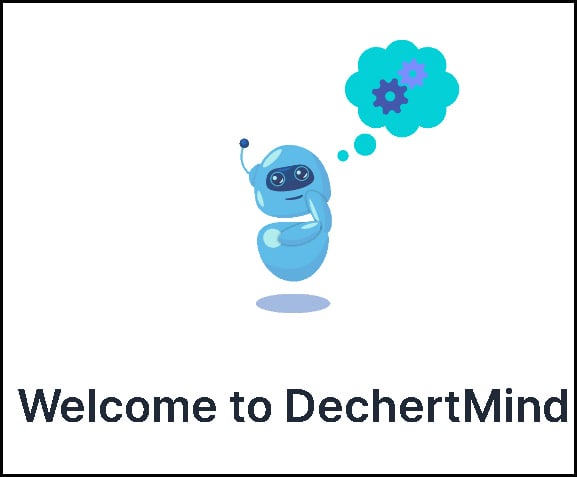On May 16, I, along with millions of others, watched the last episode of the TV show, “The Big Bang Theory,” a show I had watched since its first episode in September 2007. For 12 seasons, many things made the series funny and interesting, including perhaps most prominently the steps the show took to accentuate the odd ways the four main male characters acted as geeks.
What may be the most interesting aspect of those steps, from a sociological point of view, is that in the 12 years the show ran, scientific progress in our society has played so prominent a role that being a “geek” is not the oddity it was when the show premiered. The growth of the internet and cellphones, our dependence on digital devices—from cellphones to laptops and iPads to cloud servers—the explosion of accurately targeted medicines to address issues that 12 years ago were considered insoluble, and the knowledge of these and other developments possessed by millions has changed our society such that the characters on Big Bang remained funny simply because of their odd personalities, standing alone and no longer obviously the result of their scientific genius.


 Leonard Deutchman
Leonard Deutchman




